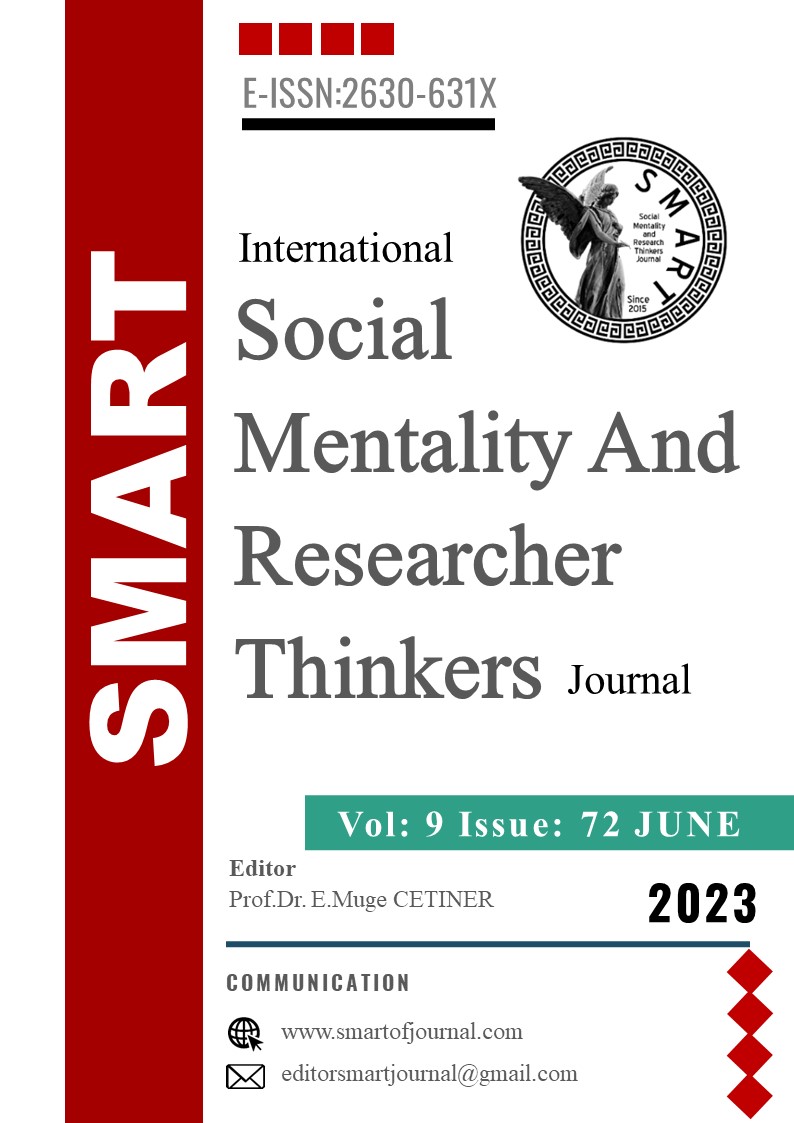?�?�?� ?�?�?�р?�?�?�?�?�ш?�?�?�ся ?�?�?�ря?�?�?�?� ?� ?�?�?�?�ст?� «?�?�у?�?�?�?�» ?�. ?�. ?�?�?�?�ры?�?�?�?�
Author :
Abstract
?�?� ?�т?�р?�?� ?�?�?�?�?�?�?�?� XIX ?�?�?�?� р?�сс?�?�с?�?�я ?�?�?�ря?�с?�?�я ?�?�?�ть ст?�?�?�?�?�?�?�тся с с?�?�ь?�ы?� ?�?�?�я?�?�?�?� ?�?�?�?�т?�?�?�?�?�?�, чт?� ?�р?�?�?�?�?�т ?� ?�?�?�ч?�т?�?�ь?�ы?� ?�?�?�?�?�?�?�?�я?� ?� ?�х э?�?�?�?�?�?�ч?�с?�?�?� ?� с?�ц?�?�?�ь?�?�?� ?�?�?�?�?�?�?�?�?�. ?�?�?�?�?�т?�?� ?�?�?�?�т?�?�?�?�?�?� ?�т?�ры?�?�?�т ?�?�я русс?�?�х ?�?�?�ря?� ?�?�сту?� ?� ?�?�р?�?�?�?�с?�?�?� ?�у?�ьтур?� ?� ?�с?�усст?�у. ?�?�?�?�?�?� ?�?�?�ря?�?� с?�?�?�рш?�ют ?�ут?�ш?�ст?�?�я ?�?� ?�?�р?�?�?� ?� ?�р?�?�?�?�ят ?�тту?�?� ?�?�?�ы?� ?�?�?�?� ?� ?�?�?�?�ы?� т?�?�?�?�?�ц?�?�. ?�с?�?�?�ст?�?�?� эт?�х тр?�?�сф?�р?�?�ц?�?� русс?�?�я ?�?�т?�р?�тур?� ?�?�ч?�?�?�?�т ?�тр?�?�?�ть т?�?� ?�?�?�ря?�?�?�?�, ?�?�т?�ры?� ?�?�?�?�?�р?�?�?�тся ?�?�р?�?�?�?�?�?�ц?�?�. ?�ётр ?�?�?�тр?�?�?�?�ч ?�?�?�?�ры?�?�?� (1836-1921) я?�?�я?�тся ?�ы?�?�ющ?�?�ся ?�р?�?�ст?�?�?�т?�?�?�?� ?�?�т?�р?�тур?�?�?�?� ?�?�?�р?�?�?�?�?�?�я, ?�?�?�?�ст?�?�?�?� ?�?�?� ?�?�тур?�?�?�?�?�, ?� русс?�?�?� ?�?�т?�р?�тур?� XIX ?�?�?�?�. ?�?�?� ?�?�т?�р?�тур?�ы?� тру?�ы ?�?�?�?�?�?�ются ?�сс?�?�?�?�?�?�?�?�?�?� ?� ?�т?�?�р?�?�?�?�?�?�?� р?�?�?�?�?� ?�?�?�?�?� ?� ?�?�щ?�ст?�?�, с?�?�?�уя ?�р?�?�ц?�?�?�?� ?�?�тур?�?�?�?�?�?�. ?�?�с?�т?�?�ь с?�?�?�?�?� ?�р?�?�?�?�?�?�?�?�?�я?�?� стр?�?�?�тся ?�?�р?�?�?�ть ?� ?�тр?�?�?�ть ?�?�?�?�?�?�?�?�я, ?�р?�?�сх?�?�ящ?�?� ?� ?�?�щ?�ст?�?�. ?� с?�?�?�х ?�р?�?�?�?�?�?�?�?�?�ях ?�?�?�?�ры?�?�?� ?�?�?�сы?�?�?�т русс?�?�х ?�?�?�ря?�, ?�?�т?�ры?� ?�с?�?�?�?�ют ?�?�?�?�?�сть, ?�?�?�я?�?�я ?� ?�?�?�ч?�?�?�сть ?�?�р?�?�?�?�с?�?�?� ?�у?�ьтуры ?� ?�с?�усст?�?�. ?�?�?� ?�р?�?�?�?�?�?�?�?�?�я стр?�?�ятся ?�?�?�?�р?�ть ?�?�?�ы?� ?�?�?�?� ?� русс?�?�?� ?�?�щ?�ст?�?�, ?�тр?�?�?�я ?�?�?�?�?�?�?�?�?� ц?�?�?�?�ст?�?� ?� ?�?�т?�р?�с?�?� ?�?�?�ря?�с?�?�?�?� ?�?�?�сс?� ?� р?�?�у?�ьт?�т?� р?�?�?�?�т?�я ?�?�?�?�т?�?�?�?�?�?� ?� ?�?�сс?�?�. ?�т?� ?�сс?�?�?�?�?�?�?�?�?� ф?�?�ус?�ру?�тся ?�?� ?�?�?�?�?�?�?� ?�?�?�?�ст?� «?�?�у?�?�?�?�» (1890) ?�?�?�?�ры?�?�?�?�, ?�?�?� ?�?�?�?�?�?�я ц?�?�ь ?�?�?�?�юч?�?�тся ?� ?�сс?�?�?�?�?�?�?�?�?� т?�?�?� ?�?�р?�?�?�?�?�?�р?�?�?�?�?�?�?�?� ?�?�?�ря?�?�?�?�, ?�р?�сутст?�ующ?�?�?� ?� ?�?�?�?�?�?� ?�р?�?�?�?�?�?�?�?�?�?�. ?�р?�?�?�?�?�?�?�?�?�?� ?�?�?�?�т ?�?�т?�?�ц?�?�?� ?�тр?�?�?�ть с?�ц?�?�?�ь?�ую, ?�у?�ьтур?�ую ?� ?�?�?�?�т?�ч?�с?�ую ?�т?�?�сф?�ру ?�т?�р?�?� ?�?�?�?�?�?�?�ы XIX ?�?�?�?�. ?� ?�т?�?�ш?�?�?�?� ?�?�?�?�р?�?�?�?�?�я русс?�?�?� ?�?�?�т?� ?� т?�т ?�?�р?�?�?� ?� р?�?�?�?�ст?�ч?�с?�?�?� ?� ?�?�тур?�?�?�ст?�ч?�с?�?�?� ст?�?�?�, ?�?�?�?�сть ?�?�?�?�?�?�?�т ?�ст?�р?�ч?�с?�?�?� ?�?�?�ч?�?�?�?�?�. ?� ?�?�?�?�?�?� ст?�ть?� ?�р?�?�?�?�я?�тся ?�ст?�р?�?�?�-?�?�т?�р?�тур?�ы?� ?�?�?�х?�?� ?�?�я ?�?�?�?�?�?�?� ху?�?�?�?�ст?�?�?�?�?�?�?� т?�?�ст?� «?�?�у?�?�?�?�», с ц?�?�ью ?�?�?�?�?�?�ть ?�с?�?�?�?�?�?�ст?� ?� ?�?�?�?�?�?�?�?�я, ?�р?�?�сх?�?�ящ?�?� с ?�?�р?�?�?� ?� ?�?�?� ?�?�?�?�?�?�?�?�?�ст?�?�?�?� с ?�?�ру?�?�ющ?�?� ?�?�щ?�ст?�?�?�.
Keywords
Abstract
In the second half of the 19th century, the Russian nobility faced a strong influence of capitalism, leading to significant changes in their economic and social status. The development of capitalism opened up access to European culture and art for the Russian nobility. Many nobles embarked on journeys across Europe and brought back new ideas and fashionable trends. As a result of these transformations, Russian literature began to reflect the type of nobleman who was undergoing Europeanization. Pyotr Dmitrievich Boborykin (1836-1921) is an outstanding representative of the literary movement known as naturalism in 19th century Russian literature. His literary works explore and depict the realities of life and society, following the principles of naturalism. Through his works, the writer seeks to convey and reflect the changes occurring in society. In his works, Boborykin describes Russian nobles who recognize the importance, influence, and significance of European culture and art. His works aim to introduce new ideas into Russian society, reflecting the changing values and interests of the noble class as a result of capitalism's development in Russia. This study focuses on analyzing Boborykin's novella Wised up (?�?�у?�?�?�?�, 1890), where the main goal is to investigate the type of Europeanized nobleman present in the work. The work has the potential to reflect the social, cultural, and political atmosphere of the second half of the 19th century. In terms of portraying Russian nobility during that period in a realistic and naturalistic style, the story holds historical significance. This article applies a historical literary approach to analyze the text of Wised up in order to demonstrate the peculiarities and changes taking place with the protagonist and his interaction with the surrounding society.





